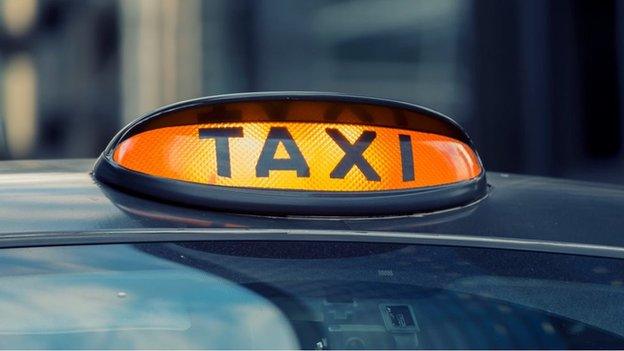Wolverhampton taxi drivers accused of serious sex crimes
- Published
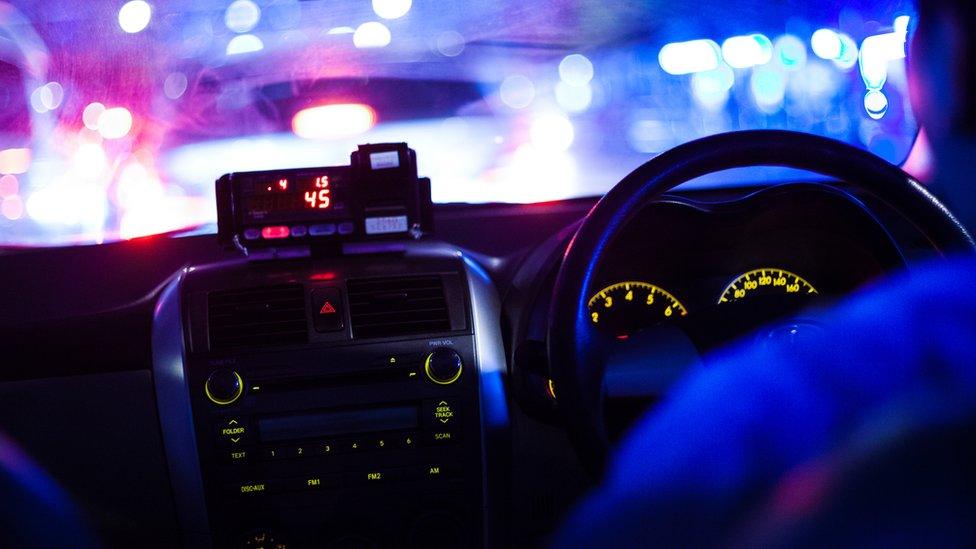
Private hire drivers have been accused of sex crimes over 150 miles away from where they are licensed
Taxi drivers licensed by a council which is accused of threatening public safety are suspected of serious sexual offences.
Reports of child sexual exploitation are among allegations made against drivers licensed in Wolverhampton, but who also operate across England.
Fears have been raised drivers are "shopping around" to find the easiest way to obtain a licence.
Wolverhampton council said it stripped licences from suspects immediately.
This week, the government said it was tightening taxi safety guidelines and considering stopping drivers from operating hundreds of miles away from where they were licensed.
City of Wolverhampton Council has increased the number of licences it issues eightfold since the Deregulation Act 2015 was introduced, meaning drivers no longer needed to live or work in the area of the local authority that granted them a licence.
The situation has led to a chaotic picture emerging around the country, with authorities unable to control all cabbies working in their area.
Taxi and cab drivers have staged go-slow protests against the current regulations around the country, saying they leave the public at risk.
"I was sitting in the back of the taxi and he put his hand on my knee"
Wolverhampton licensing bosses have insisted they informed relevant authorities when serious reports of crimes were made, but several councils have told the BBC they were unaware of the allegations.
The BBC has been unable to determine whether the drivers accused of offences have faced criminal proceedings.
The city council added it had been at the forefront of calls for a national database of drivers.
Where have the allegations been made?
The BBC has learned there have been seven allegations of child sexual exploitation (CSE) made, and 16 serious sexual allegations against drivers licensed in Wolverhampton. The report made furthest from the West Midlands city came from a complainant more than 150 miles away.
They include:
A driver working in Southampton when a serious sexual allegation was made against him in October 2017
A Wolverhampton taxi driver accused of being involved in child sexual exploitation on 16 June 2017 in Bolsover, Derbyshire
A serious sexual allegation recorded as taking place in Mansfield, more than 70 miles away, on 3 October 2016
One allegation of CSE made in Shropshire in January 2018 along with two other serious sexual allegations in 2017
In Telford, where authorities have dealt with a high-profile CSE scandal, a serious sexual allegation was reported in April 2018
Prof Rod Thomson, Shropshire Council's director of public health, said the authority was "concerned that public safety is being threatened and environmental aspirations diluted in cases where drivers and vehicle proprietors 'shop around' to be licensed by local authorities that demand lower standards and then exclusively or predominantly work in an area or areas where standards are higher and licences more difficult to obtain".
He backed plans for a government review into licensing, saying it should "bring it up-to-date and to create a regime that is fit for the 21st Century".
None of the councils for the areas where offences were alleged could confirm whether they had been made aware of the suspect driver operating in their area.
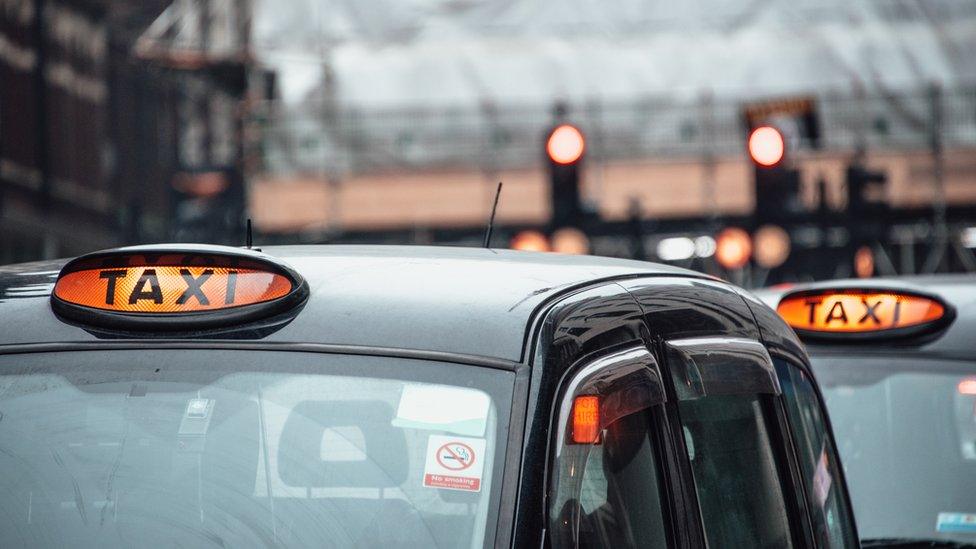
Taxi drivers have held protests around the country over cross-border hiring
In Birmingham, where there have been four serious sexual allegations against drivers licensed in Wolverhampton, the council said it was concerned the Deregulation Act had "resulted in a situation where there are many vehicles and drivers in the city over whom the council has no enforcement powers".
In Wolverhampton itself, there were four allegations of CSE and four serious sexual allegations.
The licensing authority has been made aware of complaints against drivers via police, other councils and by passengers themselves.
What action has been taken by Wolverhampton council?
The authority said it dealt with complaints robustly, with all safeguarding issues dealt with within a day "regardless of where the driver is in the country".
In one instance, a council officer drove more than 100 miles to a suspect driver's home and "took his licence away from him on his doorstep".
Six of the drivers in the CSE reports had their licences taken from them but the seventh complaint was not upheld. Police were informed in all cases, it said.
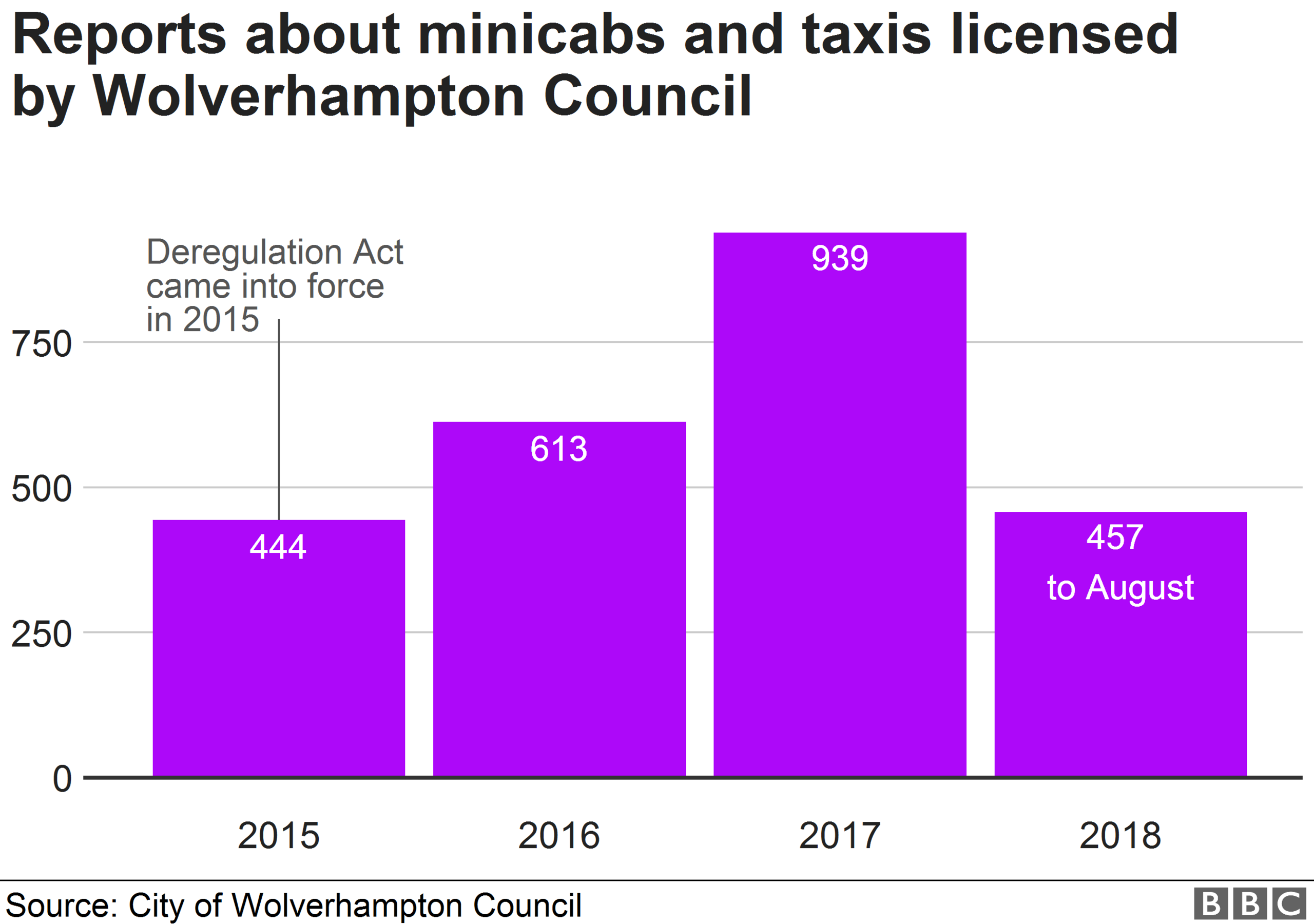
In May 2017, the chair of Wolverhampton's licensing committee, Alan Bolshaw, wrote to Sajid Javid, who was then Communities and Local Government Secretary, urging him to create a national database of drivers so that adequate background checks could be carried out, even suggesting the council fund it.
However, there remains no official system of ensuring all authorities are aware of suspected criminal activity, although the council "refutes any accusation" of failing to pass on details.
But it added: "We are currently developing a referral mechanism that would inform, in writing, all the relevant safeguarding, policing and licensing authorities in an area when we take action in relation to a driver licensed by us, but operating in their area."
What action is the government taking?
On Tuesday, the Department for Transport announced new proposals for taxi and private hire drivers to have to pass enhanced criminal record checks before being granted a licence.
Every council in England would be told to carry out checks on all applicants. Current guidelines allow councils to set their own driver standards, including whether to make the checks.
Under the plans, those with specific previous convictions would face minimum bans "in all but truly exceptional circumstances".
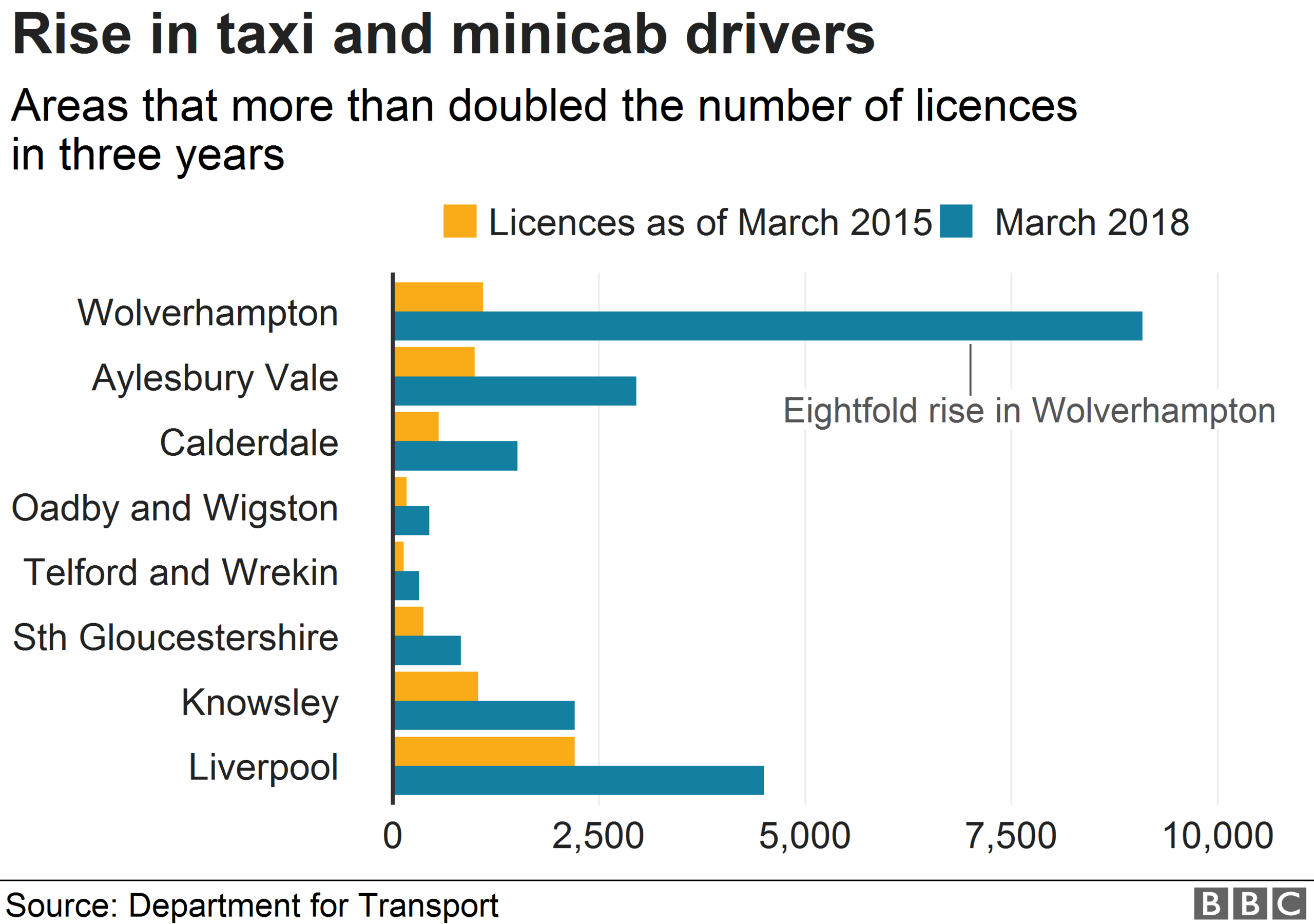
CCTV may also be fitted to cars, with an encrypted system so footage could only be accessed if a crime was reported.
The topic of taxi safety comes after the case of "black cab rapist" John Worboys, who police believe may have carried out more than 100 rapes and sexual assaults on women he picked up in London between 2002 and 2008.
What have victims' groups said?
Predators can use relaxed rules to become taxi drivers and gain access to vulnerable passengers, a victim's charity said.
"The first thing to say is that the majority of taxi drivers out there are working hard to make a living and are trained to actually help vulnerable people," said Phil Ashford, from the National Working Group (NWG) for tackling child sexual exploitation.
"But there are some who will use their position of power and authority to take advantage of vulnerable people, particularly as taxi journeys are often one-on-one situations.
"In terms of my experience working on the front line and from working in some cases, there are some drivers that are predatory.
"They will know for example, that the children live together in residential care homes and become friendly with them, and quite easily take advantage of a particular vulnerability by being approachable by offering a sense of fulfilment to that child by offering things that are perceived to be quite adult or responsible such as alcohol, drugs and gifts, and begin grooming them that way before abusing them."
You may also be interested in:
Mr Ashford welcomed news of the government's proposals for tougher legislation.
"At the moment, some drivers can take advantage of a loophole where they can apply to get a licence in an authority that has less stringent assessments and ply their trade in an area which does.
"What is really important is that we make sure we bring the taxi drivers in on this. I understand they may feel like they're being unfairly targeted but you know this is about protecting children and protecting drivers' business reputation."
What do drivers think?
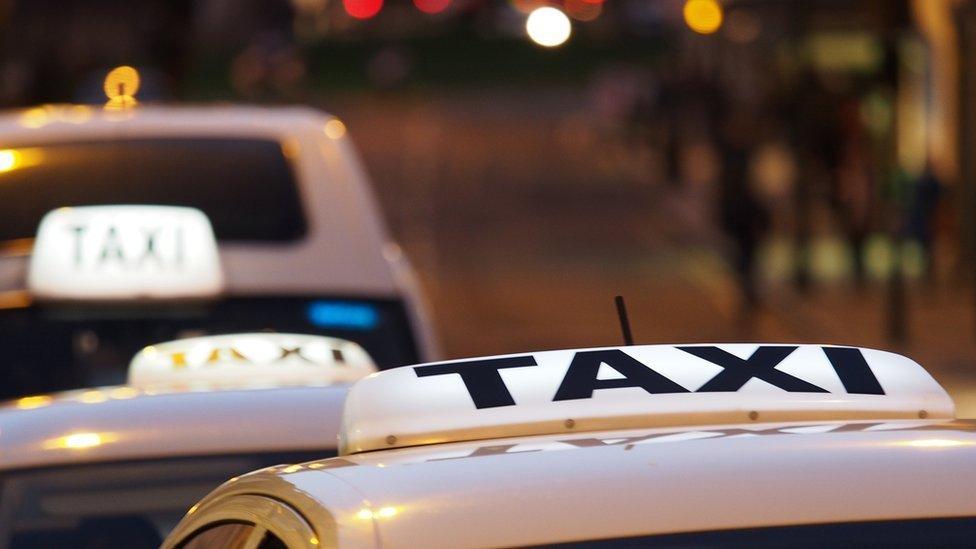
Taxi drivers in Wolverhampton say they have been protesting about the issue for years
Established taxi drivers in Wolverhampton have previously protested over what they said was a fall in standards since the Deregulation Act was introduced.
Raheel Shah, chairman of Wolverhampton Private Hire Drivers' Association and a taxi driver himself, said: "We have been protesting for more than three years over this.
"Since 2015 I know that there have been more complaints over sexual harassment, accidents in taxis and illegal pick-ups, all different things have been going on.
"We would like to see a return of standards so that public safety is not put at risk."
Ebrahim Suleman, former chairman of West Midlands Private Hire Drivers Association, said "99.9% of drivers" were honest and hard working but a minority used loopholes to get a licence.
He added there should be a cap on the number of drivers that can be licensed by one authority as it would lead to a "safer and more robust system".
Data journalism by Daniel Wainwright

Follow BBC West Midlands on Facebook, external, on Twitter, external, and sign up for local news updates direct to your phone, external.
- Published12 February 2019

- Published20 December 2018
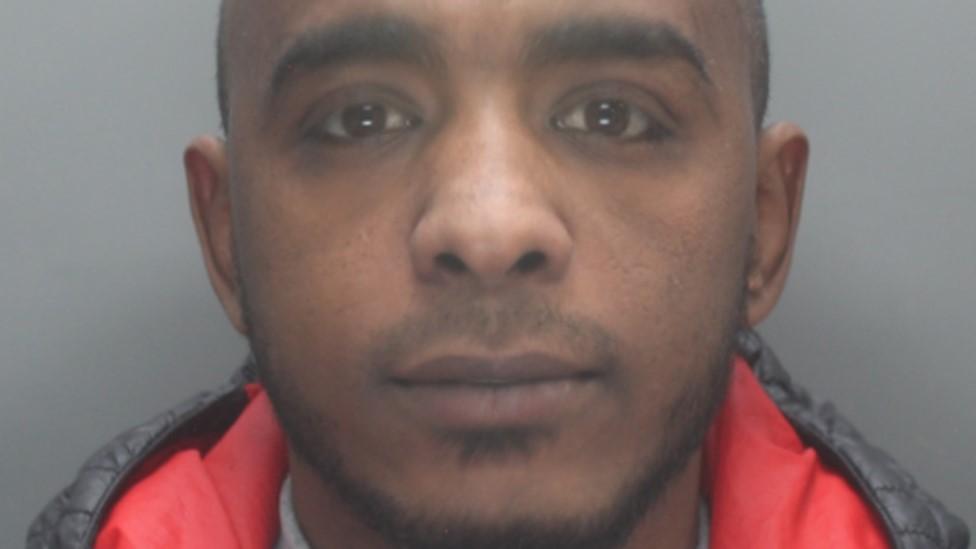
- Published27 October 2018
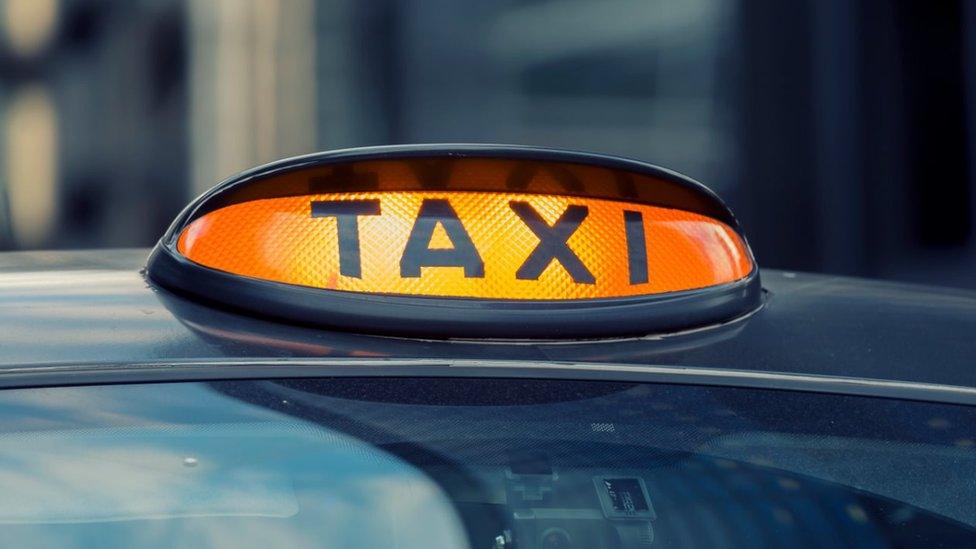
- Published7 September 2018
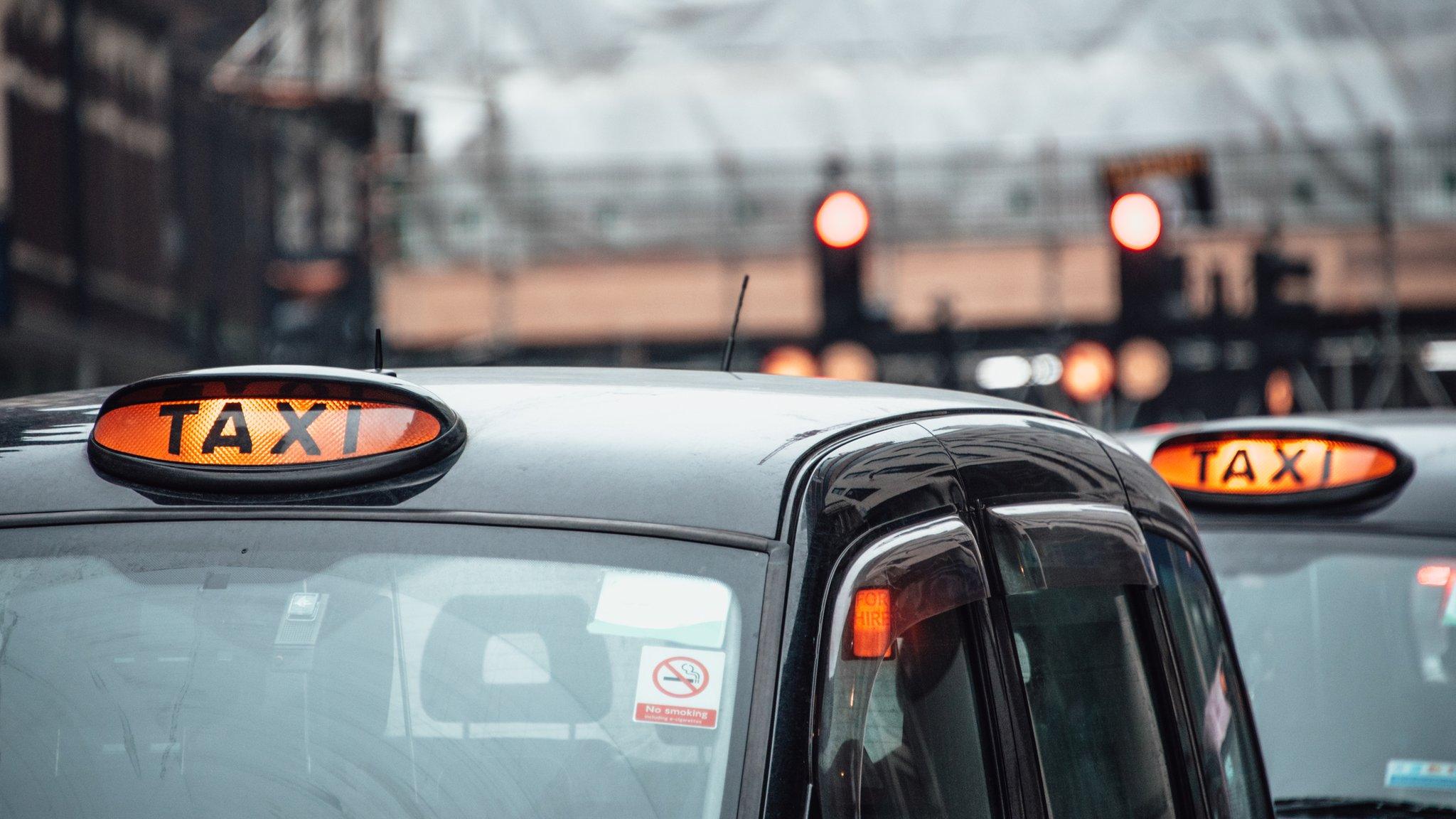
- Published18 July 2018
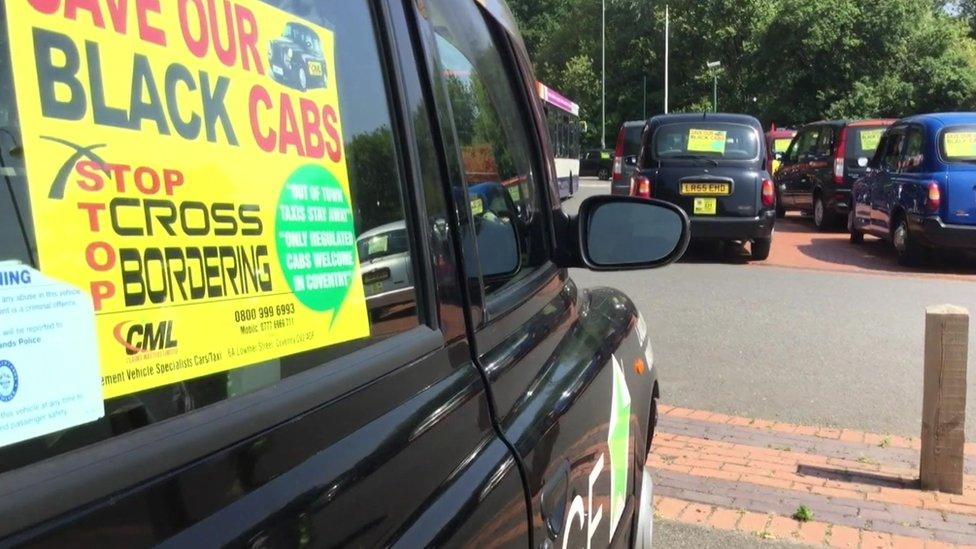
- Published1 February 2018
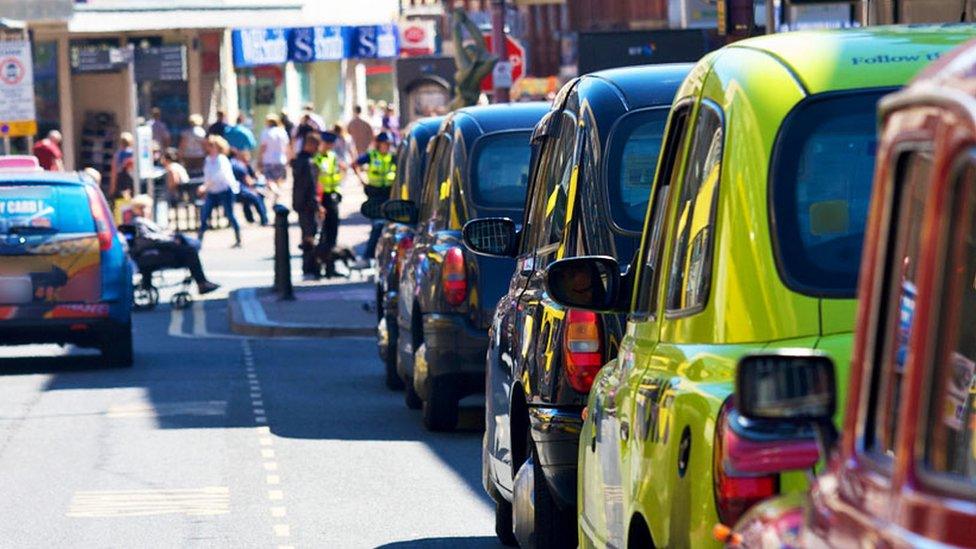
- Published31 March 2017
